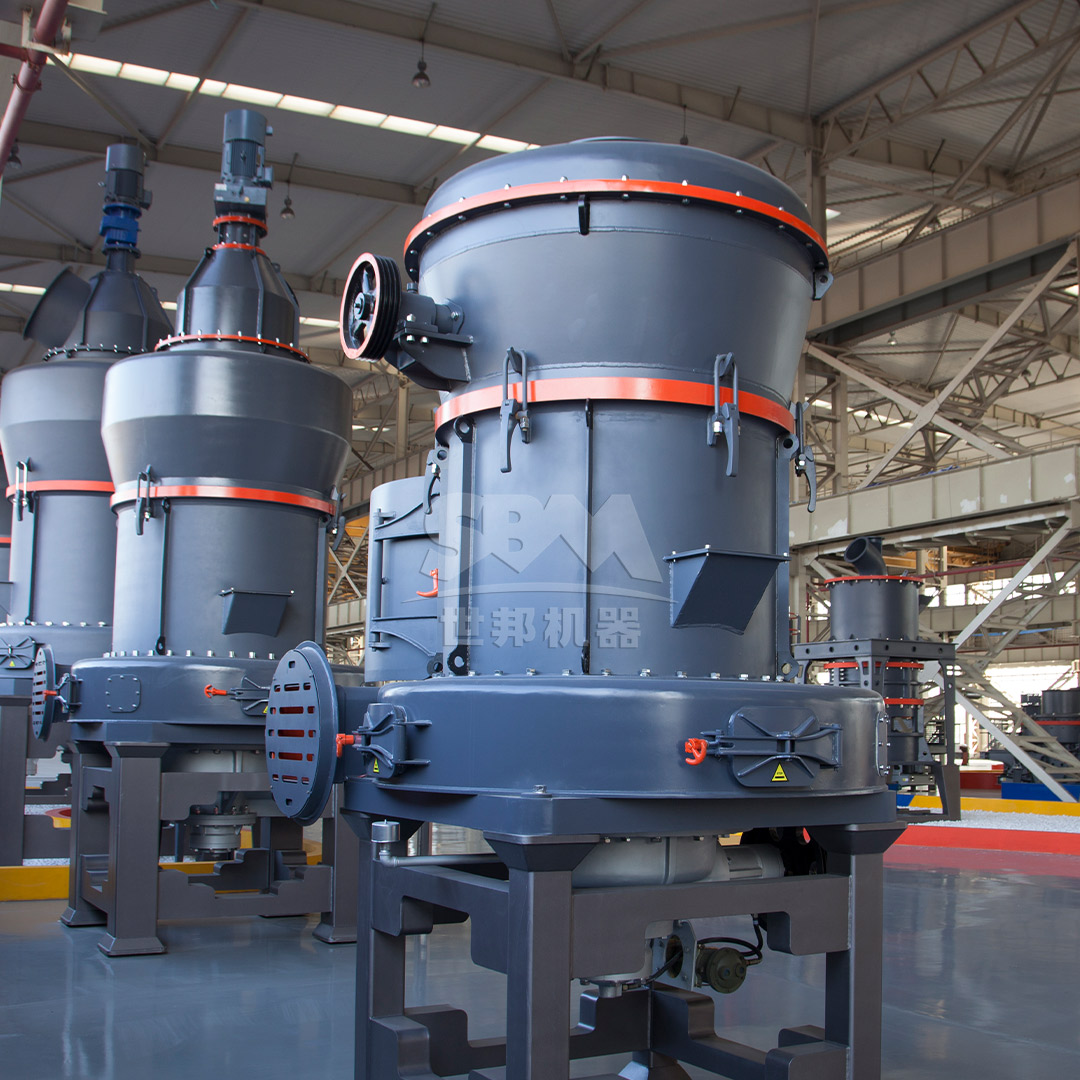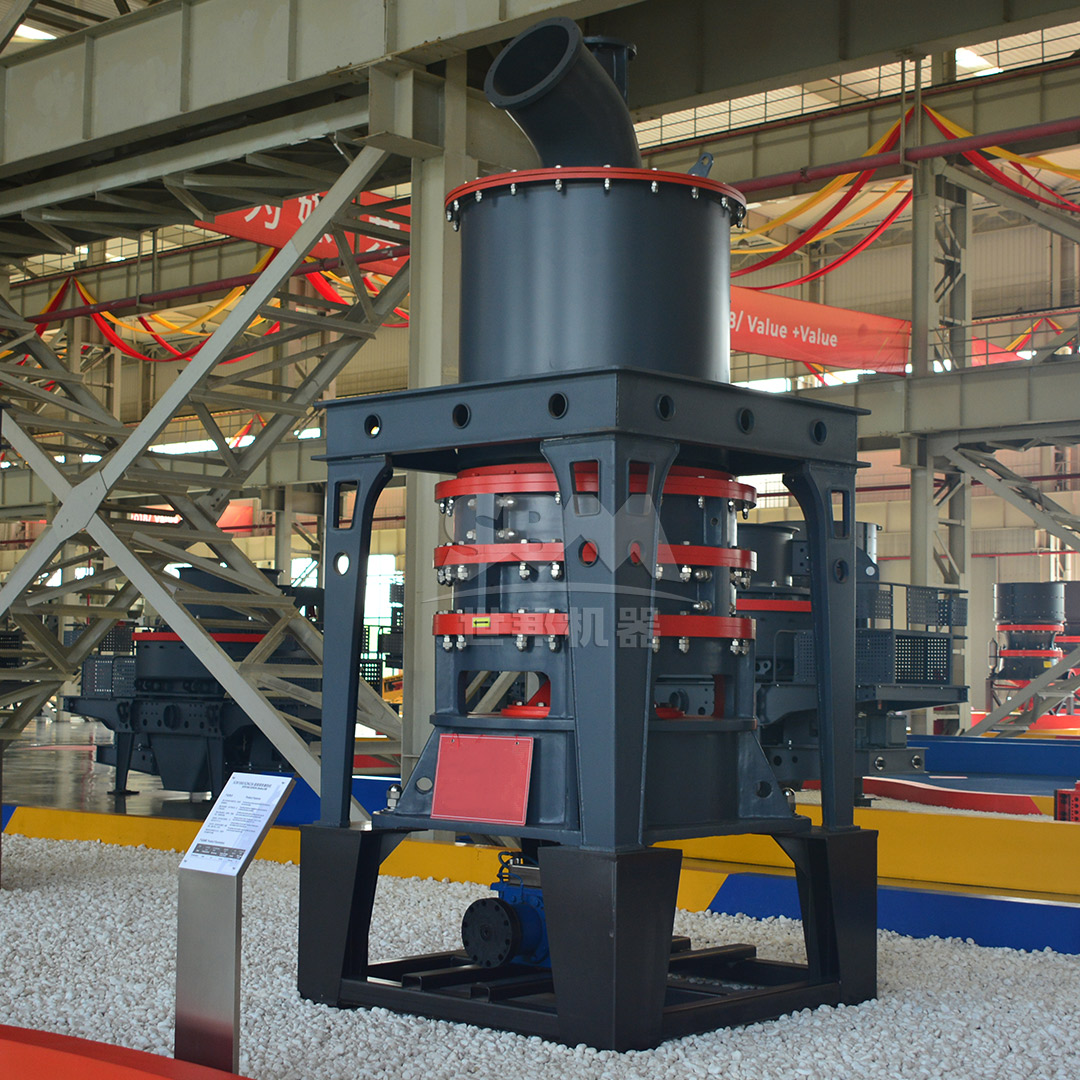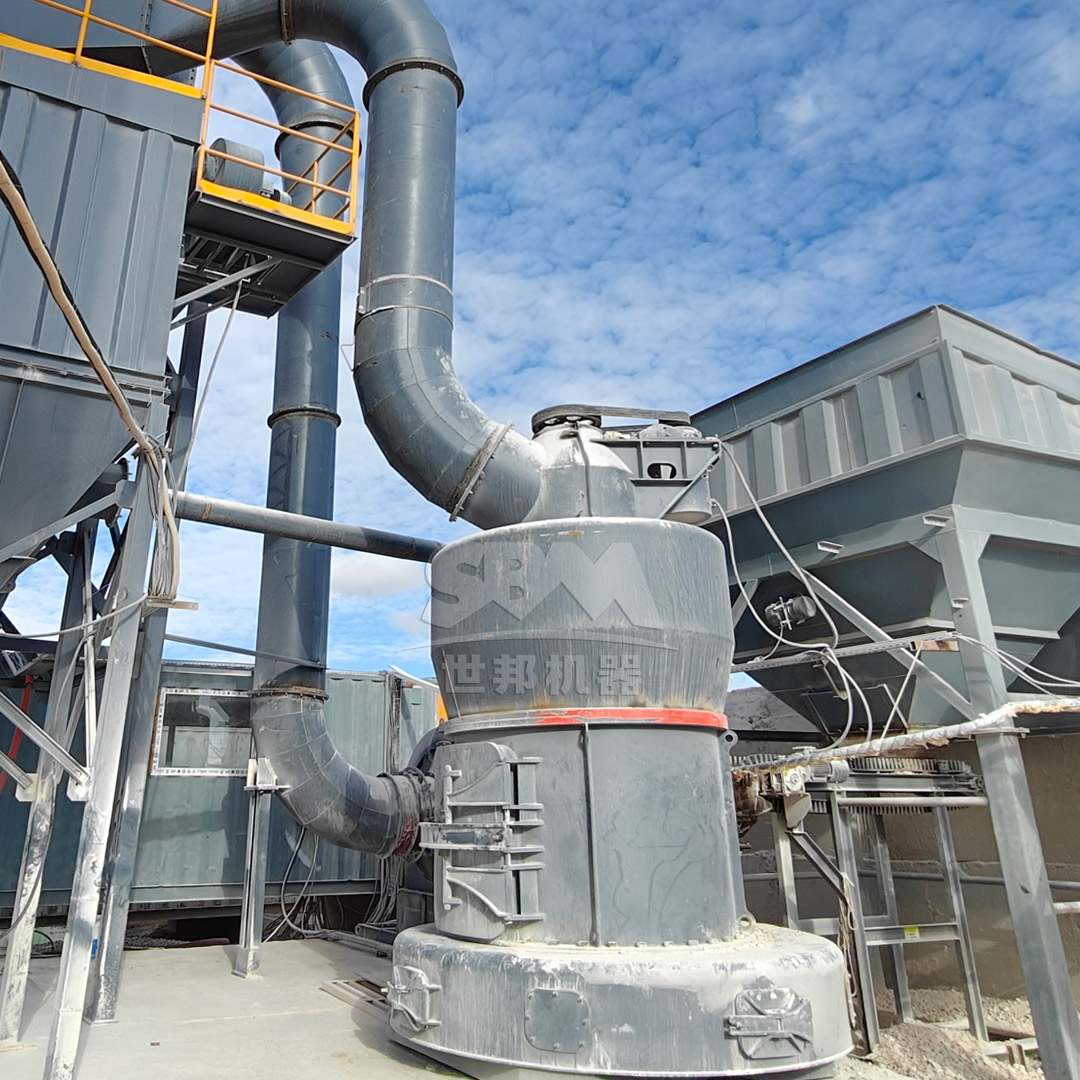Gypsum is a key raw material in the production of fire-resistant boards, which are widely used in construction for their excellent fireproofing, sound insulation, and moisture resistance properties. The quality of the gypsum powder directly impacts the performance of these boards. A specialized gypsum grinding plant is essential to produce fine, uniform, and high-purity gypsum powder that meets industry standards. This article explores the processes, technologies, and equipment required for an efficient gypsum grinding operation, with a focus on achieving the optimal particle size and consistency for fire-resistant board manufacturing.
The effectiveness of gypsum in fire-resistant boards depends largely on the fineness and uniformity of the powder. Fine particles ensure better binding and cohesion, leading to stronger and more durable boards. Additionally, consistent particle size distribution enhances the board’s fire resistance by providing a homogeneous structure that can withstand high temperatures without cracking or degrading. Therefore, selecting the right grinding equipment is critical to achieving these characteristics.

Several types of grinding mills are available for processing gypsum, each with its own advantages and limitations. The choice of mill depends on factors such as desired output fineness, production capacity, energy efficiency, and overall operational costs. Below, we discuss some of the most effective grinding solutions for gypsum processing, including our recommended products.
For producing high-quality gypsum powder with ultra-fine particle sizes, the SCM Ultrafine Mill is an excellent choice. This mill is designed to handle materials with an input size of up to 20mm and can produce powder with a fineness ranging from 325 to 2500 mesh (D97 ≤ 5μm). With a processing capacity of 0.5 to 25 tons per hour, depending on the model, the SCM Ultrafine Mill is ideal for both small and large-scale operations.
Technical Advantages:
How It Works: The SCM Ultrafine Mill operates by driving three layers of grinding rings via the main motor. Material is dispersed into the grinding path by centrifugal force, where it is crushed and ground layer by layer. The final powder is collected by a cyclone collector and pulse dust removal system.

For operations requiring a balance between fineness and high throughput, the MTW Series Trapezium Mill is a robust solution. It can process gypsum with an input size of up to 50mm and produce powder with a fineness of 30 to 325 mesh (up to 0.038mm). The processing capacity ranges from 3 to 45 tons per hour, making it suitable for medium to large production lines.
Technical Advantages:
How It Works: The main motor drives the grinding rollers to revolve around the central axis while rotating themselves, generating centrifugal force. Shovels throw the material between the grinding ring and rollers, where it is crushed by extrusion. The classification system precisely controls the final particle size.
The gypsum grinding process typically involves several stages: crushing, drying, grinding, and classification. Initially, raw gypsum ore is crushed to a manageable size using crushers like hammer mills. It is then dried to reduce moisture content, which is crucial for efficient grinding. The dried material is fed into the grinding mill, where it is pulverized to the desired fineness. Finally, a classifier separates the fine powder from coarse particles, which are returned for further grinding.
| Process Stage | Equipment Used | Key Parameters |
|---|---|---|
| Crushing | Hammer Mill | Input: 0-40mm, Output: 0-3mm |
| Drying | Rotary Dryer | Moisture reduction to <1% |
| Grinding | SCM Ultrafine Mill | Fineness: 325-2500 mesh |
| Classification | Air Classifier | Separation efficiency >95% |
To ensure the gypsum powder meets the stringent requirements for fire-resistant boards, regular quality control tests are conducted. These include particle size analysis, moisture content measurement, and purity checks. Advanced grinding mills like the SCM Ultrafine Mill incorporate real-time monitoring systems that adjust operational parameters to maintain consistent quality.

Investing in the right grinding technology is essential for producing high-quality gypsum powder for fire-resistant boards. The SCM Ultrafine Mill and MTW Series Trapezium Mill offer advanced features that ensure efficiency, durability, and environmental compliance. By leveraging these technologies, manufacturers can achieve the fine, uniform powder necessary for superior board performance, ultimately enhancing safety and sustainability in the construction industry.